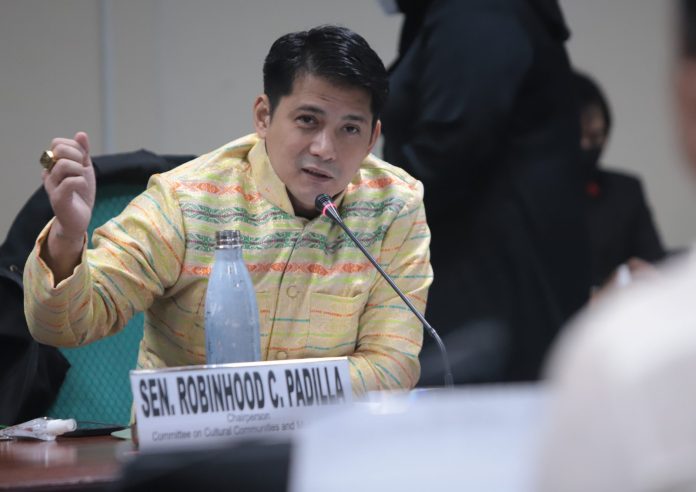A Philippine senator proposed the imposition of the death penalty on soldiers, policemen, Customs officials, and other uniformed personnel involved in smuggling.
In filing Senate Bill 2214, Senator Robinhood Padilla argued that smuggling activities, especially of agriculture products, have adversely affected the livelihood of Filipino farmers.
Padilla’s bill aims to amend Section 4 of Republic Act 10845, also known as the Anti-Agricultural Smuggling Act of 2016.
The proposed amendment would elevate the offense committed by uniformed personnel to a capital offense punishable by death.
“We have to send a strong message that large-scale agricultural smuggling, hoarding, profiteering, and cartel of agricultural products perpetrated by the officers and employees of the Bureau of Customs, are heinous and a threat to the very foundation of our society. Hence,” said the senator in the bill’s explanatory note.
“Large-scale smuggling and other pernicious activities are threatening the lives of the people by pushing them further to the brink of poverty and putting our country in grave food insecurity,” he added.
He argued that the imposition of the death penalty is necessary given the gravity of the offenses committed.
During a hearing of the Senate Committee on Agriculture, Food and Agrarian Reform, Padilla expressed his concern over the impact of smuggling on farmers and the livelihoods of impoverished individuals.
He also criticized that despite the Philippines being an agricultural country, it still relies on imports, which he finds “embarrassing.”
Padilla previously filed Senate Bill 2042, which seeks the death penalty for security personnel involved in murder.









